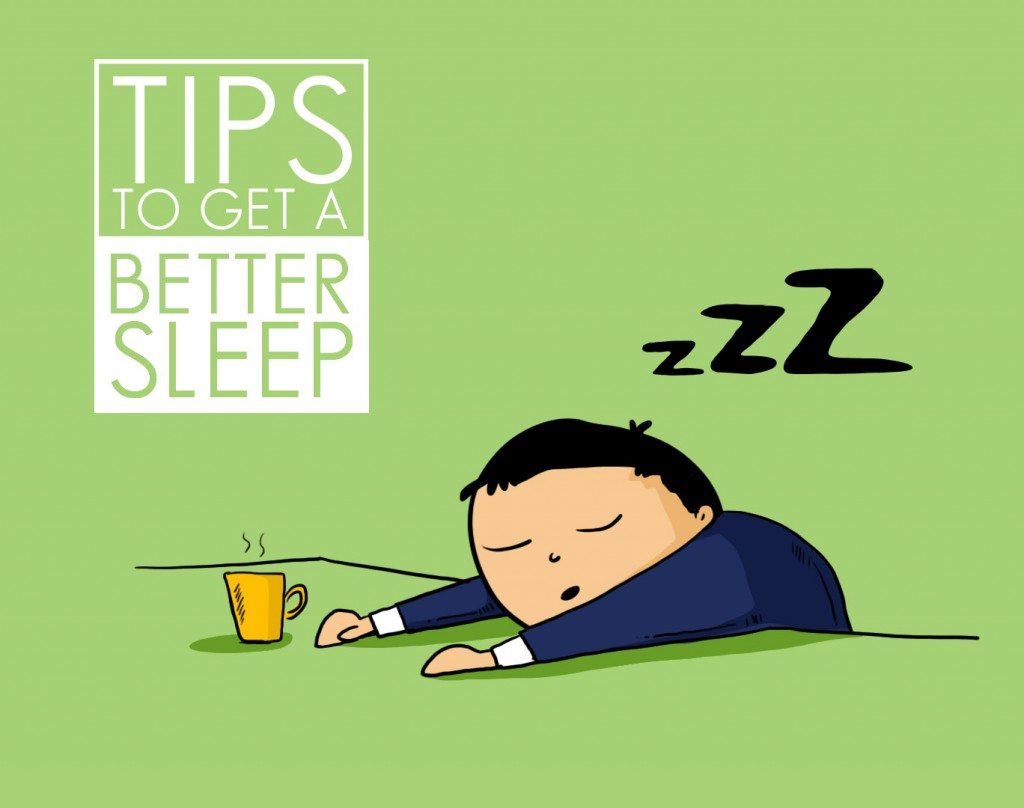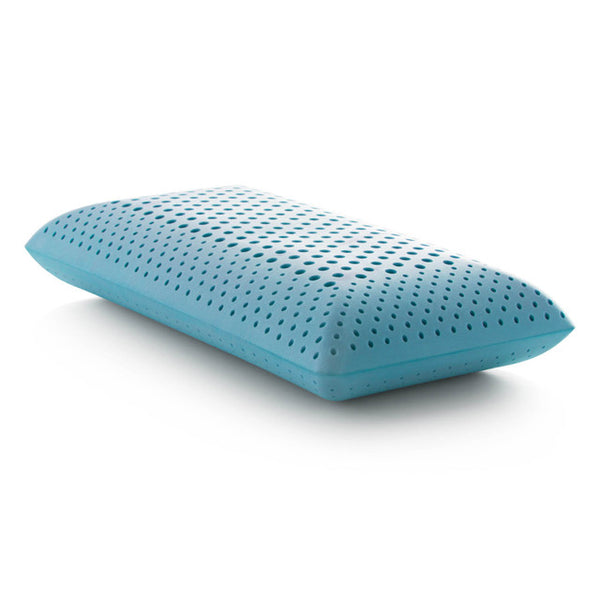How Does COVID Affect Your Sleep?
COVID can cause sleep disruptions, including nightmares. These disturbances may have both short- and long-term repercussions.
Long COVID (post-COVID syndrome or “long hauler”) describes symptoms that manifest themselves weeks, months, or even years post-viral infection recovery. Sleep problems often accompany long COVID cases.
Insomnia
An insomniatic can experience numerous causes for their insomnia, often related to mental health conditions or changes in lifestyle (jet lag or adapting to shifting work patterns, for instance). Sometimes this disorder is also brought on by stress, anxiety or depression as well as painkillers (prescription or over-the-counter drugs and herbal remedies/supplements).
If you’re having difficulties sleeping, it is advisable to make an appointment with your GP for a full health examination. Bring along a sleep diary as this will allow them to see exactly what issues have been plaguing you.
Your doctor may suggest lifestyle adjustments that could help improve your sleep, such as following a regular sleep schedule and avoiding stimulants like caffeine and nicotine, in addition to providing you with a comfortable dark bedroom and having regular restful slumbers. Talking therapy or cognitive behavioural therapy could also be effective ways of changing behaviors that contribute to insomnia; prescription sleeping tablets should typically only be used as an extreme last resort as they can cause serious side effects that reduce effectiveness over time – changing how you think about insomnia is usually advised as first line treatment!
Nightmares
People living with COVID are reporting nightmares, wild dreams, insomnia and sleepwalking as symptoms. While more research needs to be conducted into this potential connection between COVID infection and poorer sleep quality, we know it can have an immense influence.
Nightmares are vivid, distressing and disturbing dysphoric dreams that wake us up [23]. Their contents tend to be disturbing and may include themes such as being chased, health concerns and death. Most nightmares occur during REM sleep but can also happen during non-REM (N1/N2) sleep and nap time – in PTSD sufferers nightmares may appear at bedtime and cause insomnia and disruptions of restful REM sleep cycles.
Nightmares can have many causes, from stress and anxiety to irregular sleeping patterns and medications that interfere with normal function to mental health disorders. If you find that you have persistent nightmares, it would be beneficial to discuss it with your physician as soon as possible.
Behavior recommendations for nightmares generally involve improving sleep hygiene by creating an ideal bedroom environment and developing routines that promote uninterrupted sleep. Nightmares may also be made worse by certain medications such as GABA-ergic drugs and those that suppress REM sleep such as antidepressants, angiotensin-converting enzyme inhibitors (ACEIs), and benzodiazepines [24]. Withdrawing or gradually decreasing dose of the offending drugs generally resolves nightmares while talk therapy provides another effective treatment that takes into account any underlying mental health disorders present [24].
Circadian rhythm disturbances
Your body’s sleep-wake cycle is dictated by an internal clock known as the circadian rhythm. This system regulates brain waves, hormone production and cell regeneration over a 24-hour period; any disruption of this rhythm may lead to sleep disorders.
There are various types of circadian rhythm sleep disorders, which are characterized by issues with your internal clock’s timing of sleep-wake cycles. They may be temporary – for instance when traveling across time zones – or more lasting and debilitating.
Delayed Sleep Phase Disorder (DSPD) is a prevalent sleep condition, wherein you go to bed and wake up later than what’s considered normal. Your productivity levels tend to peak late at night while it becomes harder and harder to get up for work or family commitments in the morning.
Jet lag disorder (also referred to as rapid time zone change syndrome) is a circadian rhythm sleep disorder in which you experience symptoms like insomnia or excessive daytime sleepiness when traveling across multiple time zones by air. This condition is common among frequent travelers for work purposes.
Certain chronic illnesses, including dementia, Alzheimer’s disease, Parkinson’s disease and hepatitis C can impede sleep quality, as can autoimmune diseases like rheumatoid arthritis and inflammatory bowel disease. A study from Cleveland Clinic discovered that 40 percent of long COVID-19 patients experienced sleep disruptions.
Mental health issues
There is a close correlation between sleep and mental health. Depression and anxiety are known to disrupt restful slumber, leading to nightmares. People living with serious mental illnesses tend to experience poorer quality rest than those without such conditions, due to factors like worries over recovery, social isolation and fears related to work impacts; hospitalised patients may face additional obstacles like noisy treatment areas and staff disrupting restful slumber.
Researchers who studied people living with COVID-19 in 2021 reported insomnia was a frequent symptom. This may be partly because changes to our normal routines caused by COVID-19 result in spending more time sleeping; additionally, COVID also alters patterns of light and dark during the night which are essential in maintaining immune and metabolic function.
As it’s good news that there are ways we can all take steps to improve our sleep, such as getting enough rest, avoiding caffeine and exercising regularly, we should try to decrease stress by eating healthily and getting plenty of rest. If we still find difficulty with sleeping there are specialist services such as cognitive behavioral therapy which may assist – this may help manage symptoms more effectively while decreasing risk for recurrences. If we suffer from serious mental illnesses it’s also crucial that treatment begins early; early treatment will reduce symptoms as well as risks for relapses recurrences.










